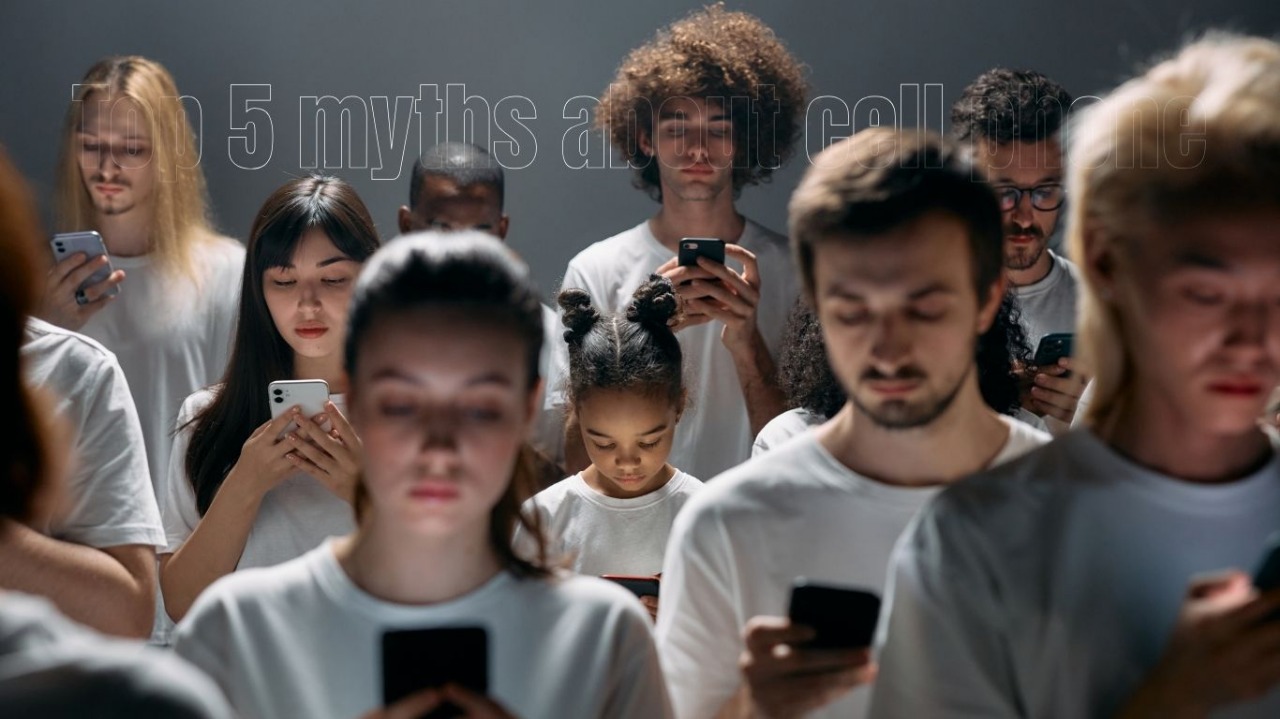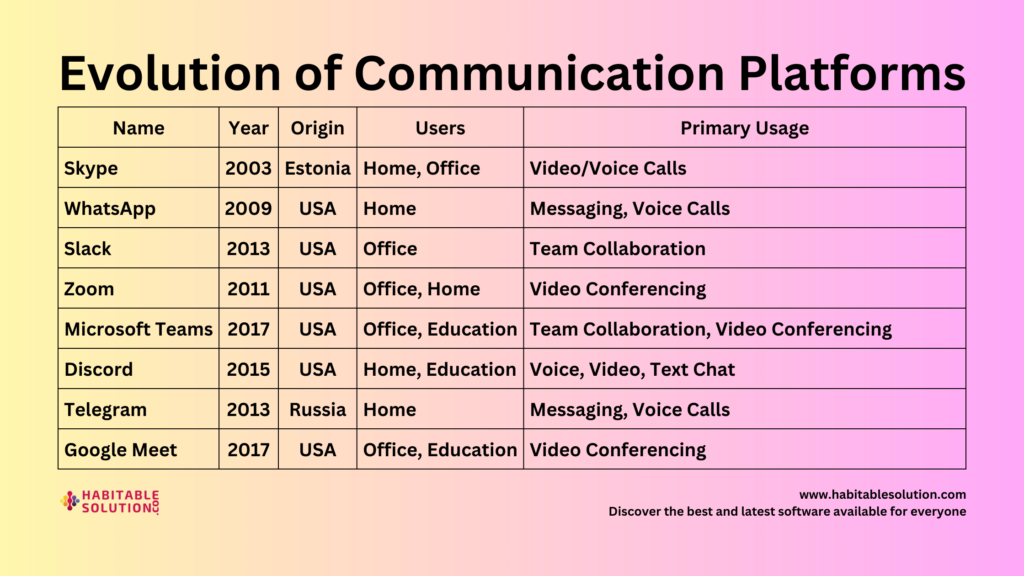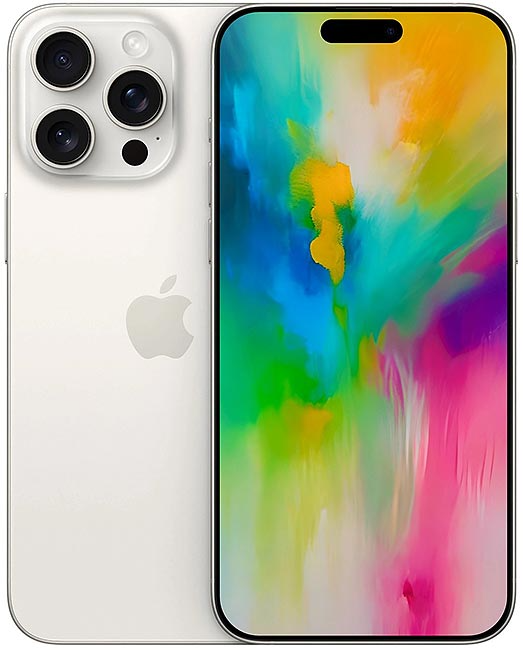The Story Behind Today’s Most Talked-About Headline:
Beneath the glowing screen lies a world of stories—whispers, warnings, and wonders woven through our fingertips. In a world buzzing with signals and scrolling souls, myths about cell phones have grown louder than truth.
This article peels back the veil—revealing not just facts, but the heartbeat of our digital age.
When Myths Call Louder Than Truth: A Journey Through Mobile Misbeliefs
Long before phones became extensions of our hands and hearts, they were marvels—born from satellites, circuitry, and dreams. But like all inventions, they arrived not only with innovation but with fear.
Around campfires of the modern world—WhatsApp chats, late-night podcasts, TikTok swipes—myths were born. “Cell phones cause cancer.” “They fry your brain.” “They’re listening right now.”
Let us now embark on a journey through these myths—not to dismiss, but to understand. Because when technology evolves, so must our understanding.
Cell Phones Cause Brain Cancer
Evidence:
This myth has lived on for decades, based on fear that radiofrequency radiation from phones might damage brain cells. But what does science say?
- Essential Facts:
- • According to the American Cancer Society, cell phones emit non-ionizing radiation, which does not directly damage DNA or cells.
- • The National Cancer Institute clarifies that there’s no consistent evidence linking cell phone use with brain tumors.
- • A major study by the International Agency for Research on Cancer (IARC) classified RF radiation as “possibly carcinogenic” — the same category as coffee and pickled vegetables.
- • A 10-year Danish study involving over 350,000 users found no increase in brain cancer risk. (Source: BMJ, 2011)
“If cell phones caused brain cancer, we would see an epidemic by now,” — Dr. Siddhartha Mukherjee, oncologist and author of The Emperor of All Maladies.
Phones Are Always Listening to You
Evidence:
It’s a chilling idea—that our devices eavesdrop on every word we say. But how true is it?
- Essential Facts:
- • Apps like Google Assistant or Siri listen only when triggered by their wake words.
- • A Norton Cybersecurity report found that apps can collect data with permission—but don’t passively record audio without it.
- • Facebook and Instagram have publicly denied “listening” claims. Instead, they use advanced ad-tracking based on your search history, location, and interactions.
- • Android and iOS both notify users when the microphone is in use—thanks to increased transparency laws.
“It’s not that they’re listening—it’s that they know us frighteningly well from the breadcrumbs we willingly leave.” — Shoshana Zuboff, author of The Age of Surveillance Capitalism.
“Charging Your Phone Overnight Ruins the Battery”
Evidence:
Parents, tech forums, and TikTok all warn: don’t overcharge! But modern batteries tell a different story.
- Essential Facts:
- • Today’s smartphones use Lithium-ion batteries that stop charging automatically at 100%.
- • Apple and Samsung devices include battery optimization that slows charging after 80% at night.
- • What does degrade batteries? Heat and full discharges—not overnight charging.
- • Experts recommend keeping your charge between 20–80% for long-term battery health, but overnight charging once in a while won’t cause harm.
“Your phone is smarter than you think—it knows when to stop sipping power.” — Marques Brownlee, tech reviewer.
“Cell Phones Are the Cause of Youth Addiction and Depression”
Evidence:
Yes, screen time is up. Yes, anxiety is rising. But is the phone to blame—or something deeper?
- Essential Facts:
- • The Pew Research Center notes that while screen time is high, the content and context of usage matters more.
- • A 2022 Oxford Internet Institute study found no consistent link between smartphone usage and mental health.
- • Problems arise when phones replace real-world relationships, sleep, or become a coping tool.
- • Mindful use—guided by habits, not impulses—is the key.
“It’s not the tool—it’s how we wield it.” — Dr. Jean Twenge, psychologist and author of iGen.
“Cell Phones Emit Dangerous Levels of Radiation”
Evidence:
Radiation—the word alone sparks fear. But the radiation from phones is not the kind that mutates cells.
- Essential Facts:
- • Mobile phones emit radiofrequency (RF) radiation, a form of non-ionizing radiation.
- • According to the Federal Communications Commission (FCC), RF exposure from mobile devices is well below harmful levels.
- • The Specific Absorption Rate (SAR) of phones must comply with strict safety standards.
- • Microwave ovens and WiFi routers emit more RF than phones—and both are considered safe at regulated levels.
“Radiation is not all dangerous. Sunlight is radiation too. It’s all about type, intensity, and exposure.” — Dr. Devra Davis, environmental health researcher.
Beyond the Myths: Other Notable Beliefs We Should Rethink
- “Airplane Mode Saves Battery All Day”
• Reality: It saves power only when you’re in low-signal areas. Otherwise, it shuts down key functions you might need. - “You Can’t Get a Virus on a Phone”
• Reality: Smartphones can be infected through malicious apps, phishing links, or fake updates. - “You Must Close Apps to Improve Performance”
• Reality: iOS and Android manage background apps efficiently. Constantly swiping away apps may use more battery, not less.
Research Findings: Visualizing the Truth
- A 2023 survey by Statista showed:
- • 73% of users believed cell phones emit dangerous radiation.
- • 60% believed overnight charging damages battery.
- • 40% feared phones are always listening.
(Insert infographic: “Top Mobile Myths vs. Scientific Truths” with contrasting data)
Research Insights and Future Directions
From fear to fascination, myths about cell phones have traveled alongside progress. As with every innovation—from the wheel to the web—myths rise where knowledge hesitates.
But the truth is empowering. When we understand the science behind our screens, we don’t just use technology—we become partners with it in shaping a wiser, more informed world.
As AI, 6G, and neuro-smartphones emerge, staying educated will be our greatest shield against digital superstition.
Let us not fear our phones. Let us know them—and through knowing, evolve.
- Peoples also asks
- . Have I believed in any of these myths myself?
- What sources do I trust for information about technology?
- How often do I allow fear—not facts—to guide my tech decisions?
- Could better understanding reduce digital anxiety in my life?
- Am I using my phone mindfully or habitually?
- How can I teach others—especially younger users—about these truths?
- What future myths might rise as technology evolves?
- Is my data more vulnerable than I think?
- Can the way I use my phone impact my mental health?
- What myths about other tech tools am I still holding onto?
Ilham Faysal||Habitablesolution.com





